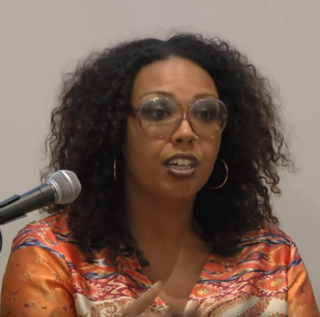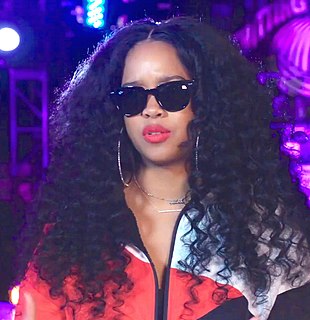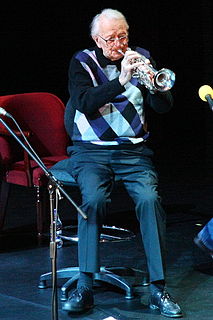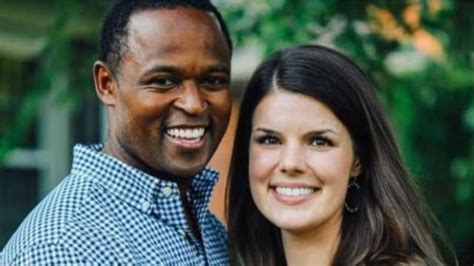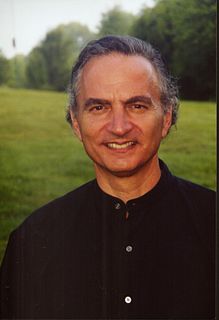A Quote by Rachel Dolezal
Related Quotes
My mom is Jamaican and Chinese, and my dad is Polish and African American, so I'm pretty mixed. My nickname in high school was United Nations. I was fine with it, even though I identify as a black woman. People don't realize it hurts my feelings when someone looks at my hair or my eyes, and says, "But you're not actually black. You're black, but you're not black black, because your eyes are green." I'm like, "What? No, no, I'm definitely black." Even some of my closest friends have said that. It's been a bit touchy for me.
I'm lucky because I have so many clashing cultural, racial things going on: black, Jewish, Irish, Portuguese, Cherokee. I can float and be part of any community I want. The thing is, I do identify with being black, and if people don't identify me that way that's their issue. I’m happy to challenge people's understanding of what it looks like to be biracial, because guess what? In the next 50 years, people will start looking more and more like me.
Dad's fear, especially when I was 18, was that, in the music industry in the U.K., there wasn't really anybody I would aspire to who was of black origin and who was successful. It was mainly black American musicians in the charts and, at that age, I think you look for someone you can identify with, and there wasn't really anyone.
You are the antithesis of a racist if you're white and you want to be black and you go out and do everything you can to identify as black, how in the world can they condemn that? That's not fraud. That's good intentions. And as we know, as we've learned, we are supposed to examine the good intentions and not the nature of the evidence.
I could characterize nearly any spiritual practice as simply this: identify and quit, identify and quit, identify and quit. Identify the myriad forms of limitation and delusion we place upon ourselves, and muster the courage to quit each one. Little by little, deep inside us, the diamond shines, the eyes open, the dawn rises, we become what we already are.


